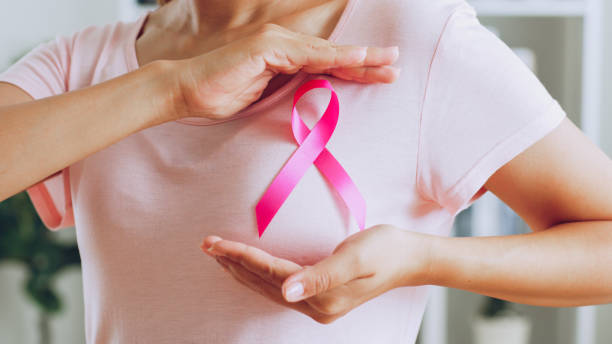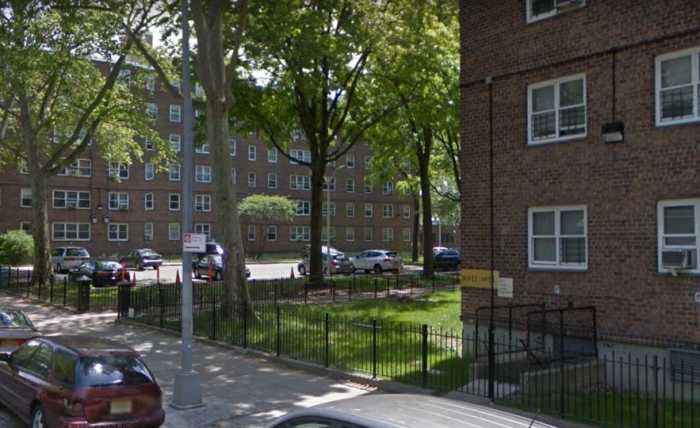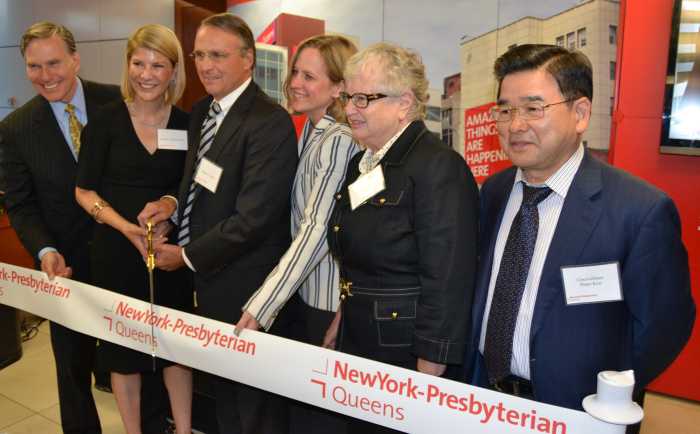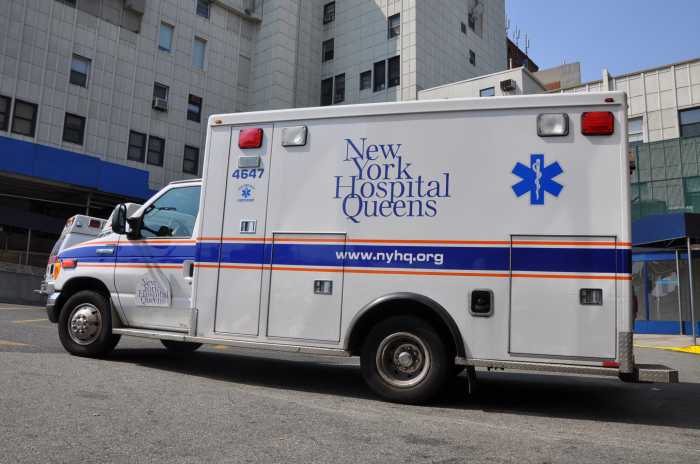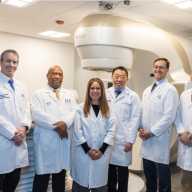With the month of October shining a light on raising awareness for breast cancer, an expert from NewYork-Presbyterian Queens Hospital shared with QNS some common misconceptions that many people have about the disease, as well as advice on how to spot the early signs.
Dr. Manmeet Malik is the director of the breast center at NewYork-Presbyterian Queens and assistant professor of clinical surgery at Weill Cornell Medicine and she works directly with breast cancer patients who are currently battling the disease.
“If you feel a breast mass, thickening of the skin, retraction/dimpling of the skin or bloody nipple discharge, bring it to your doctors’ attention as these symptoms need to be evaluated to rule out breast cancer,” Malik said.
She also added that there are many myths and misconceptions that people think about breast cancer, which can often lead to misinformation. Some of the common misconceptions that Malik debunked include thinking that breast pain is a sign of breast cancer, that breast cancer moves from one breast to the other and thinking that because you don’t have other family members with breast cancer, you will never get it.
Malik also offered tips on how to try and prevent breast cancer.
“Minimizing alcohol intake, maintaining a healthy body weight, exercising and avoiding long-term hormonal replacement therapy are all important steps when it comes to preventing breast cancer,” Malik said. “Early detection is key. Get your mammograms and additional breast imaging as recommended by your doctor.”
Malik also shared that breast cancer is very common and although it can seem like a scary thing, support is available.
“Breast cancer is extremely common — one out of every eight women in the U.S. will get some form of breast cancer,” Malik said. “Even though that may sound scary, it is a very treatable disease and the recurrence rates are low for the most common types of breast cancer. It is a curable disease.”
For more information on breast cancer, you can visit nyp.org/queens/surgery/breast-surgical-services, as well as the National Breast Cancer Foundation website.

